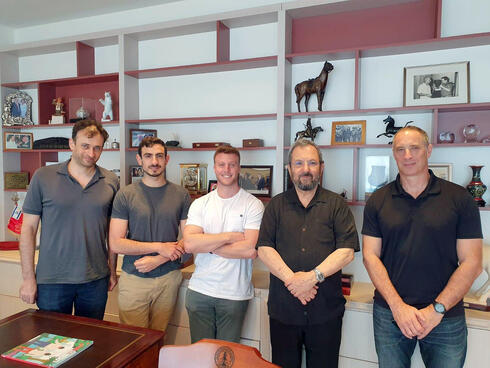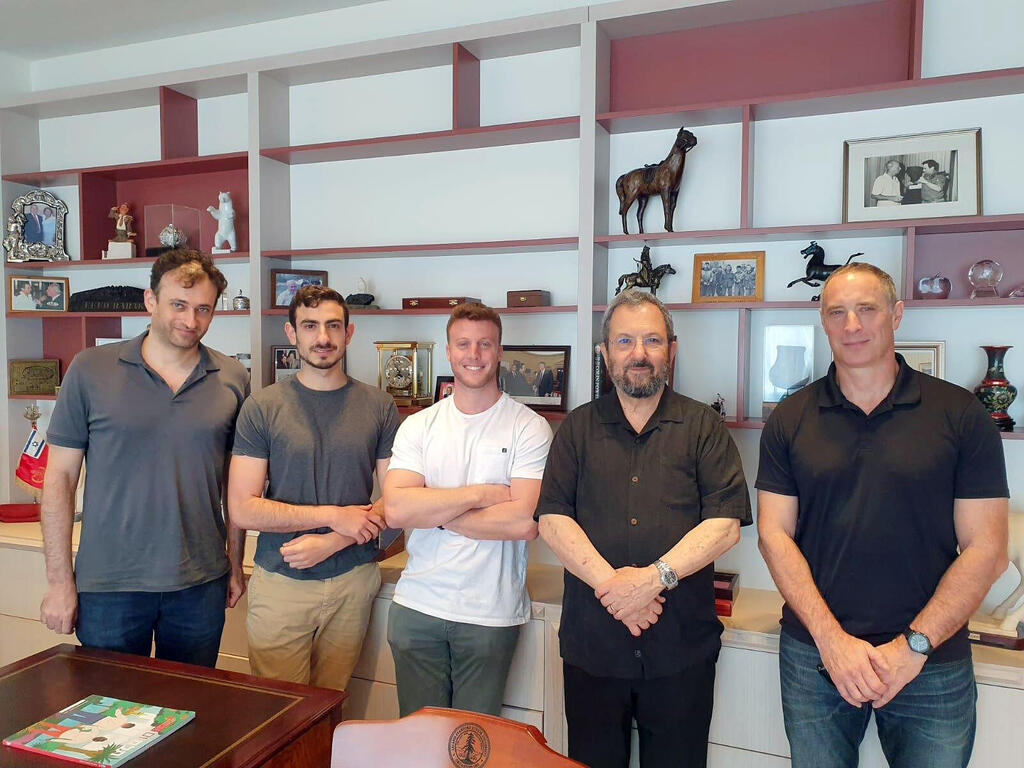
Italy and Israeli spyware firm Paragon cut ties amid surveillance scandal
New details reveal government-sanctioned targeting of migrant rescue workers, as Paragon’s “ethical spyware” claims unravel.
Italy’s government and the Israeli spyware firm Paragon have officially severed ties, ending a secretive contract that had become a lightning rod for controversy following allegations of surveillance targeting journalists and humanitarian workers. A new parliamentary report has shed light on the scope and nature of the Italian state’s use of Paragon’s Graphite spyware, revealing a reality far removed from the company’s repeated claims of “ethical” operations.
The rupture follows months of political pressure, media scrutiny, and a rare intervention by Meta, which in January accused Paragon of deploying spyware against users of its WhatsApp messaging platform. Now, a report from Italy’s parliamentary security committee (COPASIR) confirms that the country’s intelligence services began using Paragon tools in 2023 and continued into 2024, employing them on a limited number of targets. Officially, the surveillance was conducted under judicial authorization and directed at suspects involved in terrorism, fuel smuggling, and espionage.
But the newly disclosed case of two prominent activists with the Mediterranea Saving Humans NGO - Luca Casarini and Beppe Caccia - undermines the clean narrative. Both were explicitly targeted by Italy’s foreign intelligence agency in September 2024, after receiving clearance from Giorgia Meloni’s top intelligence advisor, Alfredo Mantovano. The justification: alleged ties to irregular immigration, not their high-profile work rescuing migrants in the Mediterranean.
A Sicilian court recently ordered Casarini and Caccia, along with four other Mediterranea crew members, to stand trial for allegedly aiding illegal immigration, marking the first criminal case of its kind in Italy. Human rights groups have decried the prosecutions as politically motivated, arguing that the government is criminalizing humanitarian efforts at sea.
For Paragon, the episode is the latest in a string of revelations that undercut its carefully cultivated image as a “clean” alternative to spyware companies like NSO Group. The firm, founded in 2019 by Israeli military intelligence veterans and backed by former Prime Minister Ehud Barak, has sought to brand itself as a responsible vendor that sells only to democratic governments. It even claims to be on a U.S.-approved list of surveillance tool providers.
That narrative was already fraying in February, when WhatsApp accused Paragon of using its spyware against 90 journalists and civil society members worldwide, including in Italy. While the identities of most victims were never disclosed, at least one was an editor at Fanpage, an investigative outlet critical of Meloni’s administration.
A central mystery in the saga remains unresolved: did Italian intelligence use Graphite to spy on journalists, as widely reported? COPASIR now says there is no evidence that Fanpage editor Francesco Cancellato was targeted, contradicting earlier media reports and statements by Cancellato himself. Paragon has denied involvement but declined to participate in a joint investigation with the Italian government, further muddying the waters.
The situation has left Paragon politically exposed. The company has confirmed the termination of its Italy contract but disputes the timeline presented in the COPASIR report. It claims it cut ties when media reports first surfaced, while the government had insisted as recently as February that the deal was still active. The dissonance has sparked calls from Italian opposition leaders for clarity and accountability.














